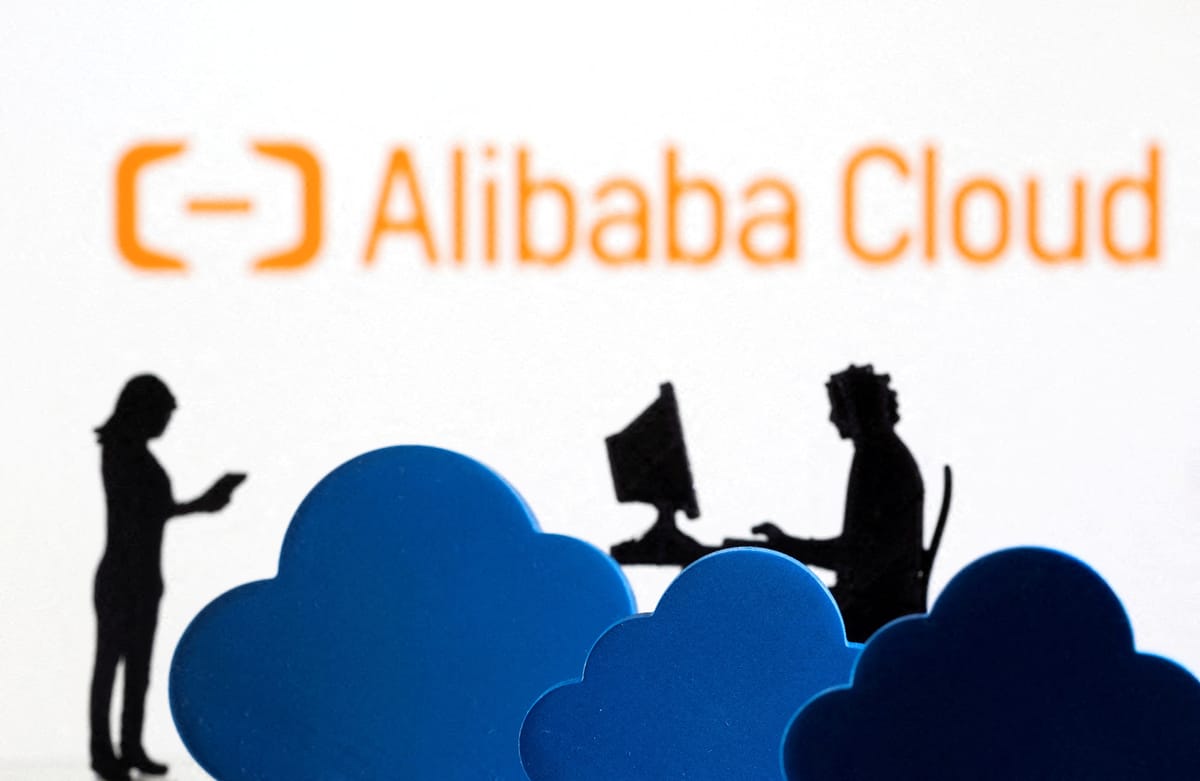Alibaba’s newest investment in Chinese AI start-up, MiniMax
Alibaba is looking to make a comeback through AI, especially with former dealmakers Joseph Tsai and Eddie Wu at the helm.

A few minutes every morning is all you need.
Stay up to date on the world's Headlines and Human Stories. It's fun, it's factual, it's fluff-free.
The backstory: Alibaba, founded in 1999, used to be China's most valuable tech company. It's big in the e-commerce and cloud market and has been a big investor in tech and other sectors. But back in 2020, its co-founder Jack Ma criticized Chinese regulators for their oversight of industries like finance and tech, which left the company with a target on its back. Beijing started cracking down on tech giants to reform their practices and keep them from using their platforms to dominate the market. On top of the regulatory scrutiny and slow economic growth in China, many tech giants like Alibaba slowed down their investments and expansion. According to data from ITJuzi, investment deals made by Alibaba, Tencent and Baidu were down almost 40% last year.
But China has been working to become self-reliant in many fields, with President Xi Jinping's administration prioritizing technology like artificial intelligence (AI) as the US continues to impose export restrictions on advanced tech and chips to the country. AI is the latest tech craze on the rise across the globe, kicked off with the launch of OpenAI's ChatGPT, with big companies like Microsoft, Alphabet and Meta racing to develop and train this advanced technology.
The development: Alibaba is looking to make a comeback through AI, especially with former dealmakers Joseph Tsai and Eddie Wu at the helm after taking over from Daniel Zhang last year. Insiders familiar with the matter said the company is backing Chinese AI start-up MiniMax in a financing round of at least US$600 million. MiniMax, a two-year-old AI firm, has secured financial backing from Alibaba, HongShan (formerly Sequoia China) and other investors at a valuation of about US$2.5 billion.
This would be the second big AI deal for Alibaba this year, as it recently led a US$1 billion funding round in another AI start-up called Moonshot AI. Alibaba's plan coincides with China's overall technological goals, as well as its own business plan to grow its cloud business and integrate AI into other aspects of the company.
Key comments:
"We're on the cusp of a new revolution, spanning human-machine interactions, computing models and AI-assisted creation," Eddie Wu, who became Alibaba's CEO in September, wrote on the WeChat account of the Cyberspace Administration of China. "We're in the process of accelerating new productive forces."




Comments ()